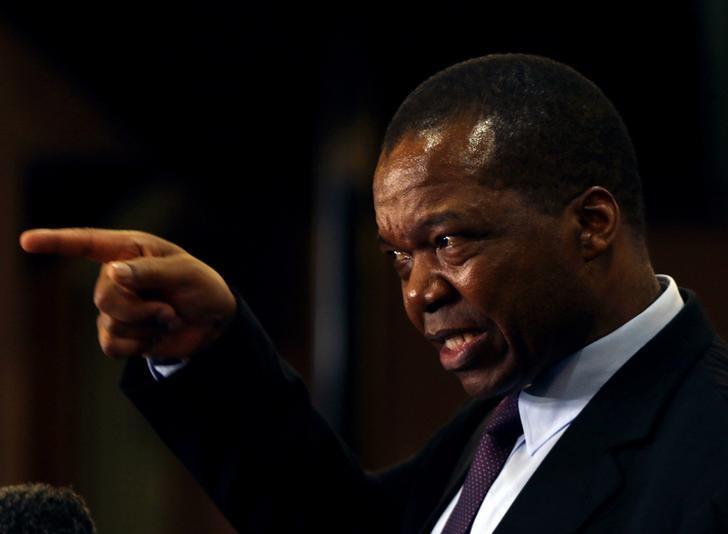Reserve money supply registers slight growth
RESERVE money supply growth has registered a 5,83 percent increase to $14,99 billion as at week ended 25 September 2020 from $14,16 billion recorded in the previous week, official data show.
Reserve money refers to currency in circulation and deposits with commercial banks as well as bank deposits to the same.
The Reserve Bank of Zimbabwe (RBZ) has said the growth in reserve money during the period under review largely reflects an increase of $956,41 million in banks’ deposits at the Central Bank, showing the impact of foreign exchange purchases by the monetary authority to fund the auction.
“Government deposits at the Central Bank also fell significantly during the week under review, resulting in liquidity injections into the market. Partially offsetting the increase in reserve money were decreases in other deposits and currency issued by $125,21 million and $23,84 million, respectively,” RBZ said.
Financial market analyst, Mr George Nhepera, said the slight increase in money supply was still to negatively affect financial markets and the economy at large. Basically, he said, the decline in reserve money growth entails that the country is at the centre of lowering inflationary pressures. In recent months, inflationary pressures were triggered by exchange rate instability.
“There are times when injection of more money into the economy is vital and necessary to increase demand for the purchase of goods and services including investments in Government initiated infrastructural projects,” said Mr Nhepera.
Following the introduction of the foreign exchange auction trading system last June, Zimbabwe has achieved stability in the exchange rate.
The Central Bank projects to maintain a tight monetary stance targeting reserve money growth not exceeding 15 percent by the end of the year.
The prognosis is aimed at improving exchange rate stability as well as taming inflationary pressures, which are often linked to growth in money supply. In 2019, RBZ attributed the growth in money supply to subsidies on fuel, electricity, grain and Government expenditure.-sundaynews.co.zw











